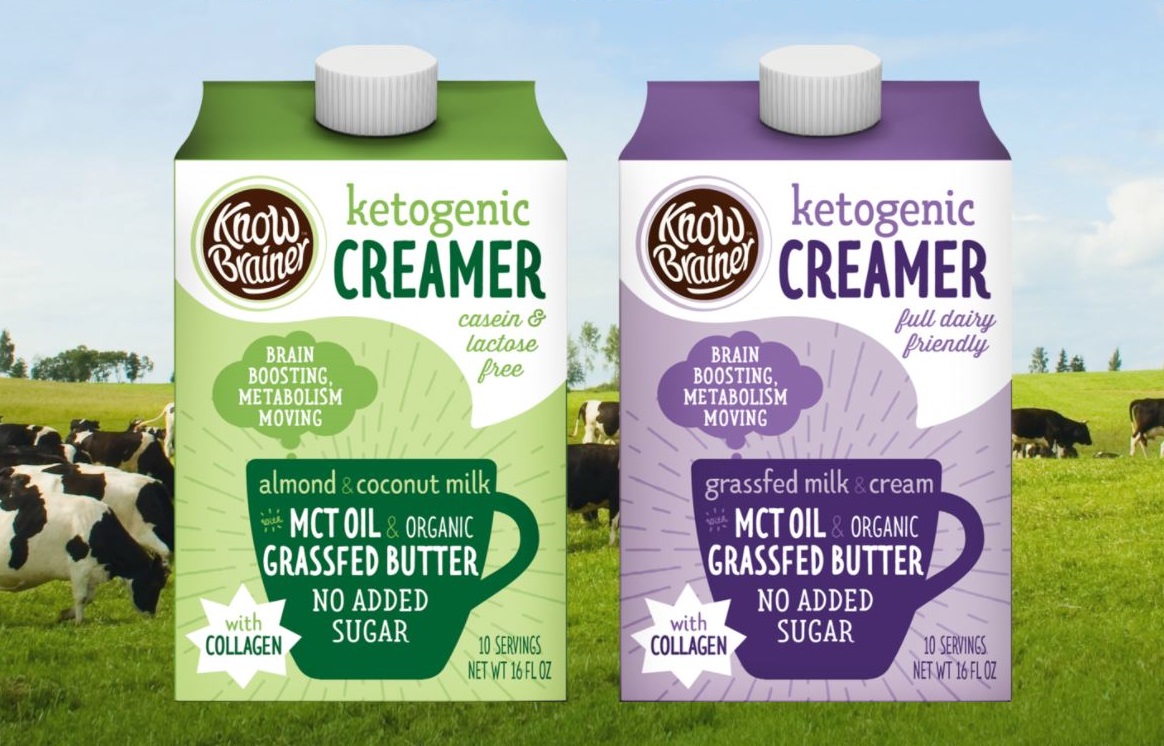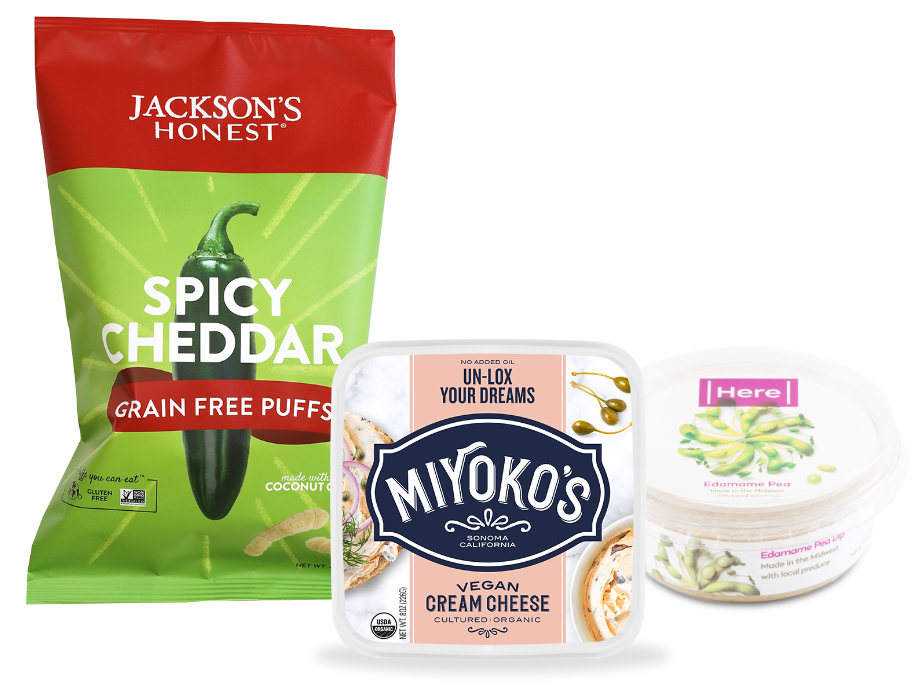SAN FRANCISCO — Terra, the food and agriculture accelerator founded by Rabobank and RocketSpace, has been described as a matchmaker, pairing large corporations with small start-ups to fuel groundbreaking innovation. The latest cohort brings together multinational leaders such as Nestle USA, Tate & Lyle and GrainCorp with emerging companies to create scalable solutions for the industry's biggest challenges.
“These corporations are being disrupted by these start-ups, and they’re trying to figure out how to stay ahead of the game, how to remain relevant, how to serve changing consumer behaviors,” Shaina Silva, director of industry accelerators at RocketSpace, told Food Business News. “That takes a lot of time, research and money. What we bring to them is an external innovation opportunity to explore things outside of what they’re used to exploring with their internal R.&D. teams.”
In its third year, Terra reviewed hundreds of applications and selected 17 start-ups from eight countries to participate in the program. Participants must have a product, service or technology already active in the market and are preferred to have seed to Series B funding.
“These corporations are being disrupted by these start-ups, and they’re trying to figure out how to stay ahead of the game, how to remain relevant, how to serve changing consumer behaviors." — Shaina Silva, RocketSpace
“The model of our accelerator program is very different from a traditional start-up accelerator,” Ms. Silva said. “How these start-ups were selected is based on us doing innovation sprints with the corporates who are members of the program and identifying the innovation objectives that they’re trying to achieve, the challenges that they’re trying to solve in their company and in the industry. And then, based on that, we create the selection criteria for finding the right start-ups to help meet those innovation objectives. That’s how we were able to narrow down all of the start-ups that applied to a specific group of 17 that were the most acute for the innovation challenges we were looking to solve.”
For this latest round, Nestle USA, Arlington, Va., will collaborate with three packaged food companies. Jackson’s Honest, Crested Butte, Colo., offers a portfolio of potato chips, tortilla chips and puffs cooked in organic coconut oil. Here Foods, Chicago, produces cold-pressed juices, spreads, dips and salad dressings featuring ingredients from local independent farmers. Miyoko’s, Sonoma, Calif., creates plant-based cheese and butter alternatives using traditional fermentation, culturing and aging methods.
“As an entrepreneur with a big vision but limited experience in scaling, being part of an accelerator with the star-studded mentors and collaborative companies was too good of an opportunity to pass up,” said Miyoko Schinner, founder and chief executive officer of Miyoko’s. “I love multiple brainpower. I believe that the collaboration with one of the larger partner companies, as well as a few of the targeted mentors, will enable us to tackle both short-term tactical needs as well as the long-term visionary goals for creating the future foodscape. I h ope to learn more about how to expand into other channels, protect IP, and tell our story in a bigger, bolder, better way to the world.”
ope to learn more about how to expand into other channels, protect IP, and tell our story in a bigger, bolder, better way to the world.”
Previously, Nestle was matched with Know Brainer, a producer of coffee creamers and instant beverages featuring functional ingredients and healthy fats. Together, with flavor and fragrance manufacturer Givaudan, the companies introduced a new product containing collagen protein at Natural Products Expo West in March. Nestle provided consumer insights research and access to its technical team, assisting with bench-top testing and trial production runs at a co-manufacturer.
“Corporations are often very bureaucratic and very slow, so we have to play the role of a coach in showing them how to navigate working with a start-up to move things in a short period of time, which is very different from how they’re used to doing it,” Ms. Silva said. “We play coach, mediator. In the beginning, we play the doctor because we’re diagnosing these corporations and helping them figure out what’s wrong, and then prescribing some solutions, which are the start-ups.”
Outcomes of the program may include mergers and acquisition, joint ventures or investments. As a recent example, ReGrained, a San Francisco start-up, concluded an investment round led by Griffith Foods. The relationship between the two companies began through Terra earlier this year.
Ashlee Adams, head of open innovation at Nestle, said Jackson’s Honest, Here Foods and Miyoko’s represent the future of food.
 “Our open innovation efforts are focused on meeting companies where they are in their stage of growth and designing win-win partnerships that accelerate that growth,” Ms. Adams said. “We look forward to working with these companies to share learnings, develop new capabilities and create something better together as we bring people more options in categories that are in high demand — healthy snacking and plant-based foods.”
“Our open innovation efforts are focused on meeting companies where they are in their stage of growth and designing win-win partnerships that accelerate that growth,” Ms. Adams said. “We look forward to working with these companies to share learnings, develop new capabilities and create something better together as we bring people more options in categories that are in high demand — healthy snacking and plant-based foods.”
Ms. Schinner added, “I think we are doing something truly revolutionary — not just trying to sell a good product but revolutionize the future of dairy products by making them from plants instead of animals. We want to change consumer perception about the future of food and be the solution for people that want to make food choices with sustainability, health and humanity in mind. We can’t just continue the ‘same old, same old.’
“Food has to become not only tasty but a viable solution for tackling some of the world’s biggest problems, such as climate change, diet-related diseases, and overall, simply helping humans become more humane beings.”




